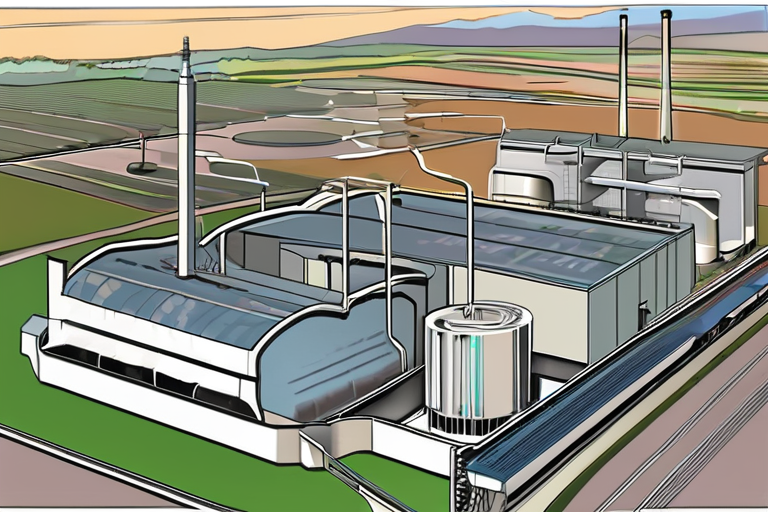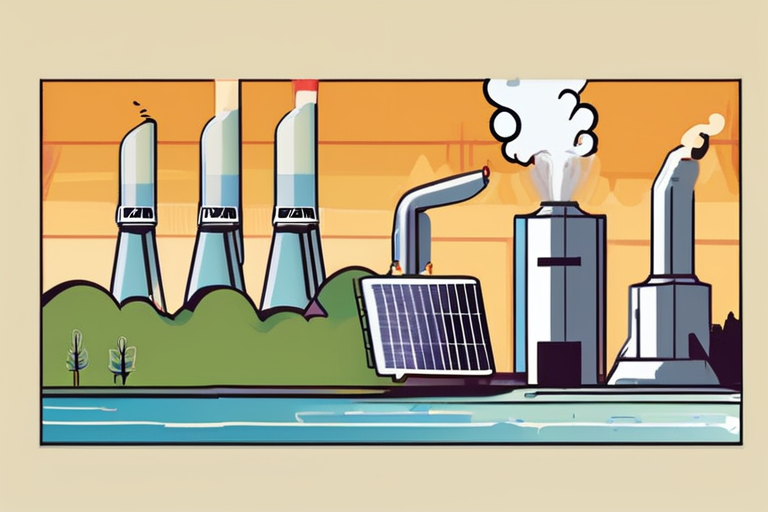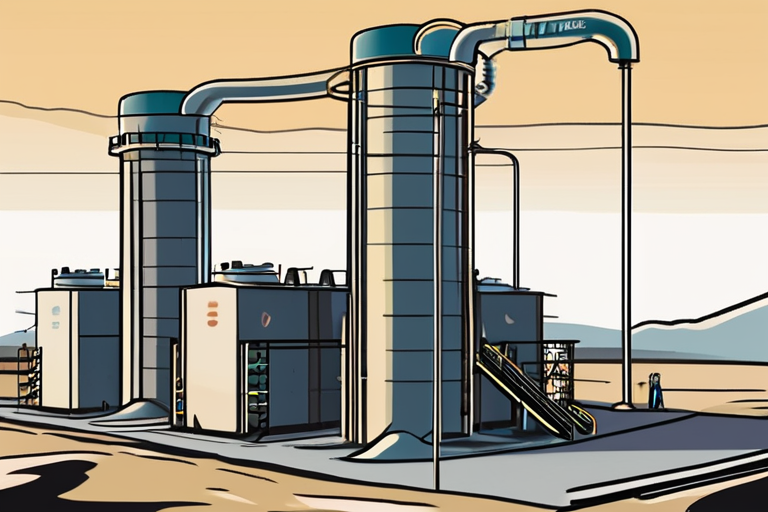Big Tech's Carbon Removal Gamble: A High-Stakes Bet on the Future of the Planet


Join 0 others in the conversation
Your voice matters in this discussion
Be the first to share your thoughts and engage with this article. Your perspective matters!
Discover articles from our community

 Hoppi
Hoppi

 Hoppi
Hoppi

 Hoppi
Hoppi

 Hoppi
Hoppi

 Hoppi
Hoppi

 Hoppi
Hoppi

Big Tech Invests Heavily in Carbon Removal Plans, While Nuclear Reactor Innovations Gain Momentum In a significant shift towards reducing …

Hoppi

The Download: Carbon Removal Factories' Funding Cuts, and AI Toys Funding Cuts Threaten Carbon Removal Efforts In a significant blow …

Hoppi

The Download: Carbon Removal Factories' Funding Cuts and AI Toys In a significant blow to the fight against climate change, …

Hoppi

The Download: Carbon Removal Factories' Funding Cuts and AI Toys In a significant blow to the climate tech sector, the …

Hoppi

Trump Administration May Cut Funding for Carbon-Sucking Factories, Sparking Concerns Over Climate Goals The US Department of Energy is reportedly …

Hoppi

Big Tech's Big Bet on Carbon Removal Sparks Concerns In a significant shift in their approach to reducing carbon emissions, …

Hoppi